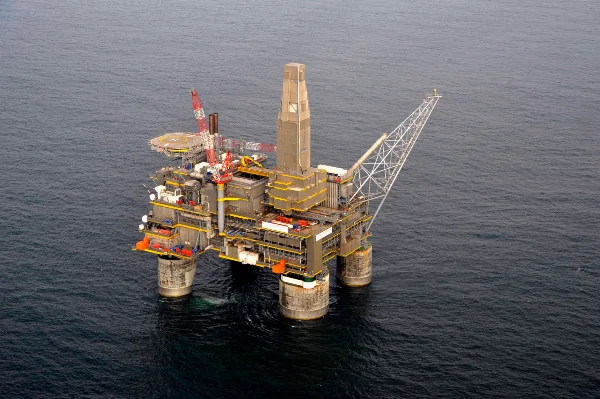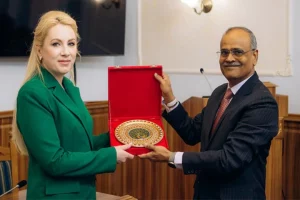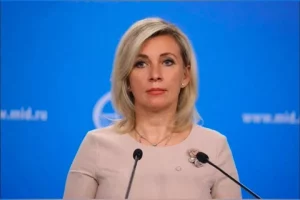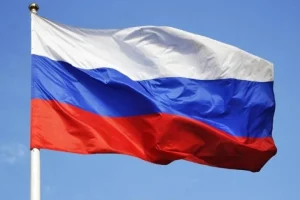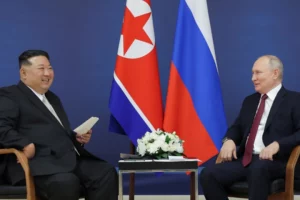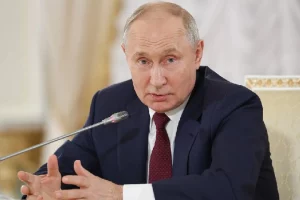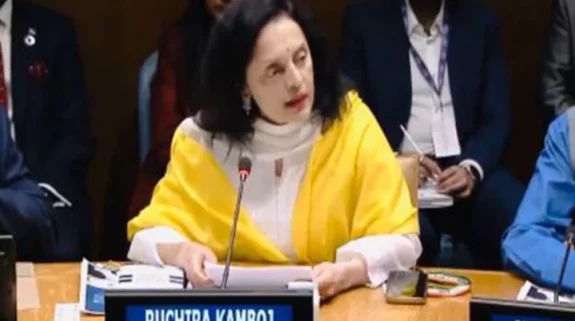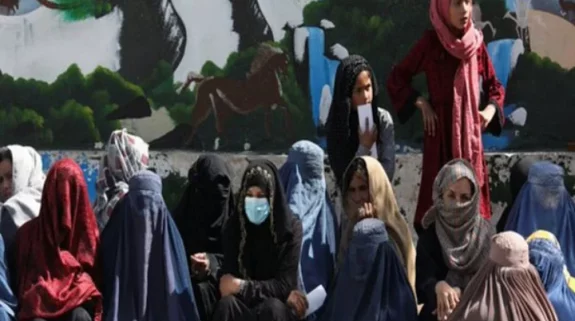Japan’s Mitsubishi Corporation today formally announced its continued participation in Sakhalin-2 – one of the world’s largest integrated, export-oriented, oil and gas projects, as well as Russia’s first offshore gas project in its Far East region.
Mitsubishi Corporation had submitted a letter of notification to the Russian government in relation to taking the ownership of shares in Sakhalin Energy LLC, a limited liability company newly incorporated under the laws of Russia, to operate Sakhalin-2.
“We have now confirmed that the application has been approved by the Government of the Russian Federation,” the multinational giant said in a statement Thursday conveying the significance of the project in terms of energy security, such as the stable supply of electricity and gas to Japan.
“We will discuss the terms and conditions of a shareholders agreement with concerned parties and continue assessing the project related risks, assuming various scenarios,” it added on its participation in the oil and natural gas development project in Russia.
Sakhalin Energy LLC continues to supply LNG from Sakhalin-2 after Russian President Vladimir Putin issued a Decree on June 30 to change the operator of Sakhalin-2 and create a new legal entity on August 5.
It will receive all the rights and obligations of the project instead of Sakhalin Energy Investment Company Ltd., the earlier project operator, owned by Gazprom, Shell, Mitsui, and Mitsubishi.
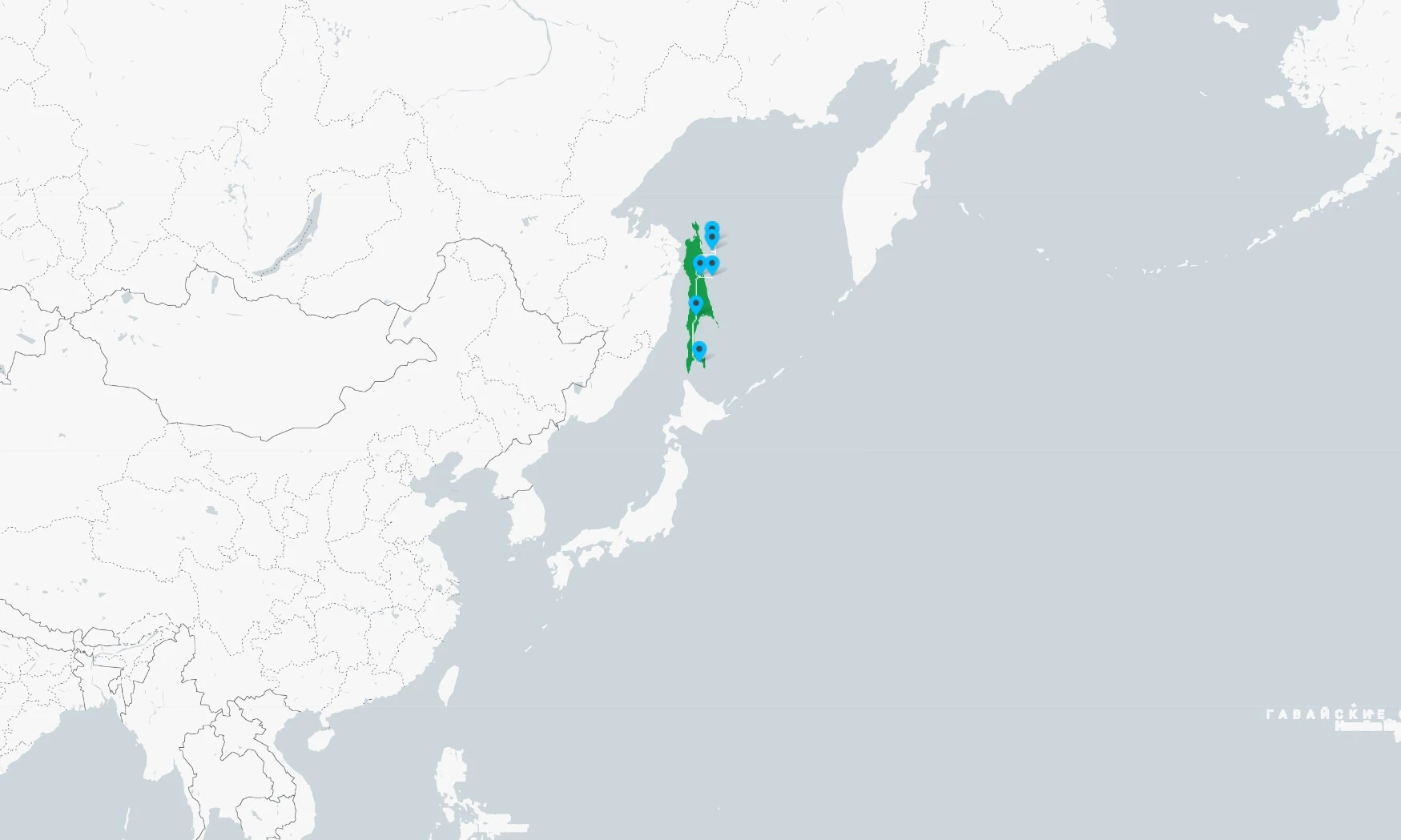
The project infrastructure includes three offshore platforms, an onshore processing facility, 300 kilometres of offshore pipelines and 1,600 kilometres of onshore pipelines, an oil export terminal, and a liquefied natural gas (LNG) plant.
Mitsui too had announced that it had submitted its consent on August 25 to take ownership of shares in Sakhalin Energy LLC and were informed of the approval from the Russian government on August 30.
“We remain in discussion with stakeholders, including the Japanese government and business partners, regarding possible future action considering energy supply needs, while complying with related international sanctions,” said the company’s President and CEO Kenichi Hor.
Sakhalin-2 supplies about 4% of the world’s current liquefied natural gas (LNG) market. Japan, South Korea and China are the main customers for oil and LNG exports.
In May, the Japanese government had announced that it has no plans as of now to back out from large oil and gas extraction projects with Moscow in the Russian Far East.
While Japanese Prime Minister Fumio Kishida had committed to phasing out dependency on Russian energy, the policy of maintaining interests over Sakhalin 1 and 2 remained unchanged.
Russia is also the largest investment destination for Indian oil and gas companies and New Delhi continues to show interest in the development of the Far East region with Sakhalin’s oil fields being a classic example.
As reported by IndiaNarrative.com, a much-anticipated trilateral cooperation initiative between longstanding and time-tested partners India, Russia and Japan was taking shape in the Russian Far East before the conflict began in Ukraine.
Indian public sector companies have made investments to the tune of US$ 16 billion, including in the Far East and East Siberia, in oil and gas assets such as Sakhalin-1, Vankor and Taas-Yuryakh.
Russia is also the largest investor in India’s oil and gas sector with India encouraging further investments by Russian energy majors like Rosneft, GazpromNeft and Sibur.
Also Read: Japan will ‘take time’ in banning Russian oil, to keep stake in Sakhalin project






